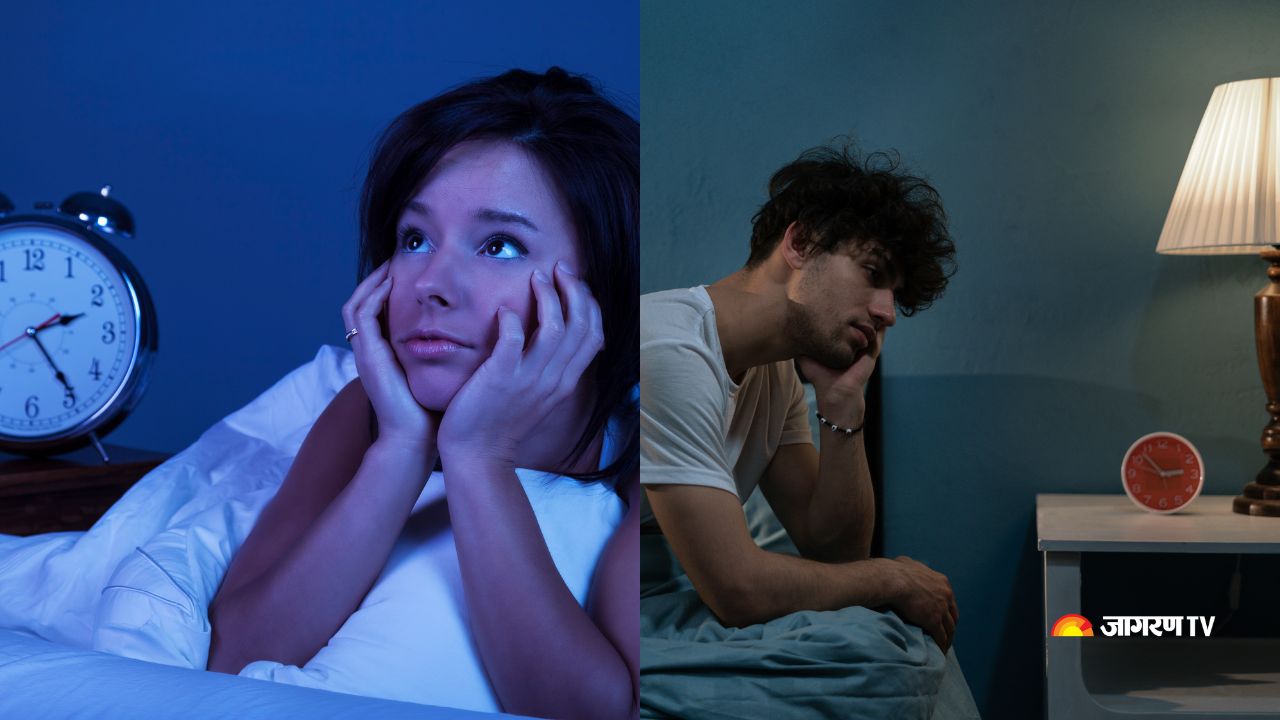Can’t Sleep at Night? Here are possible Reasons for sleeplessness and Tips to have a good sleep at night

Insomnia: Grind and movement is necessary for the body. Rest and recovery hold equal significance to having happy and good health. Sleeping plays an integral role when it comes to resting and reinvigorating your body. So if you have not been able to get a good sleep at night, due to insomnia, there are several lifestyle factors to blame, causing lethargy and bouts of irritation in your behaviour. Fret not, your good night's sleep can come back to you by making these simple lifestyle changes and following these easy tips to combat insomnia.
Reasons for Insomnia
Insomnia is an indication of underlying health and lifestyle changes that are challenging your regular sleep cycle. Here are some of the possible reasons for your insufferable insomnia.
Stress and anxiety: Stress can emerge from personal and professional reasons and sometimes may go undealt for longer causing sleep disturbances. Work pressures, familial ties, romantic and platonic relationships many reasons contribute to it.
Poor Sleeping Environment: Our environment directly impacts our health. Irregular sleep schedule, excessive daytime napping or stimulation exercise before bed impact the sleep cycle.
Medications: Certain medications harm sleep quality like anti-depressants and epilepsy medicines.
Lifestyle Factors: lifestyle factors including irregular work hours, electronic devices used before bed, travelling, alcohol intake, and caffeine consumption, all affect the sleep cycle.
Physical & Mental Health Conditions: Mental health disorders like depression, PTSD, schizophrenia and more could also be a potential reason. Certain physical health conditions including chronic pain, asthma, heart problems etc are also one factor.
Tips to deal with Insomnia
Consistency: Regulate the sleep cycle by being consistent. Set a fixed time to hit the bed and try to be regular in your sleep-in and sleep-out hours.
Limit Screen Time: Scrolling through our social media is a general habit of most of us. Avoid screens right before sleeping. Try to schedule your social media at least 2 hours before bed. Read a book or meditate an hour before sleeping.
Healthy Sleeping Environment: Keep your sleeping place dark, quiet and at a conducive temperature for sleeping. Make sure your pillow and mattress are not impacting your sleep.
Manage stress and anxiety: you can exercise mindfulness, yoga, meditation, counselling and muscle relaxation to deal with stress.
Stay Active: Physical exercises reduce stress on the body and mind. Stay active throughout the day to ensure a good night's sleep.
Avoid stimulants/alcohol/caffeine: Consumption of stimulants makes the brain active making it harder to sleep. Before bed avoid or reduce the intake of caffeine, alcohol and other stimulants.
Try these lifestyle changes to ensure you get proper and ample sleep. But if the sleeplessness persists, seek professional help.









